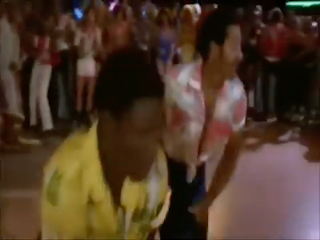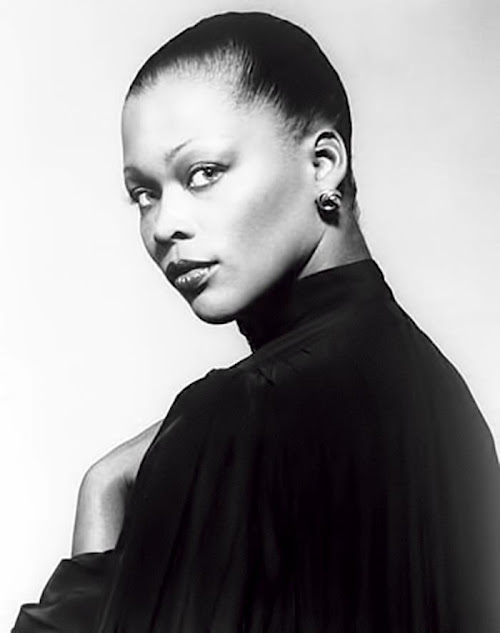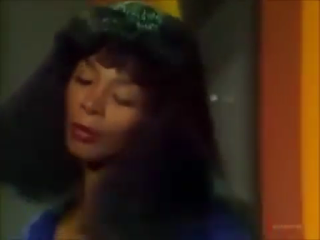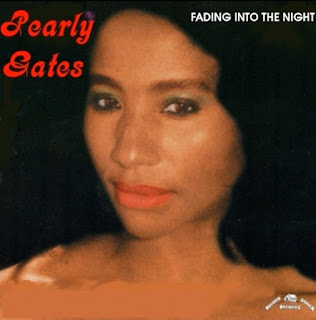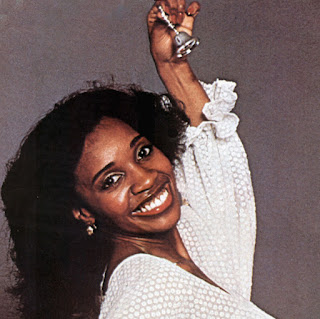Debbie Sims - Super Trouper - lively '70s disco version from 1998 that has more work than ABBA's 1980 original
The vibrant world of disco, with its pulsating beats and infectious energy, has inspired countless artists over the decades. Among the many reinterpretations of classic tracks, Debbie Sims' lively 1998 version of ABBA's "Super Trouper" stands out as a vibrant homage to the disco era. In contrast to ABBA's 1980 original, which is often characterized by a more subdued and "worn-out" feel, Sims' rendition injects a fresh, upbeat rhythm that truly captures the spirit of the '70s disco scene. While some might argue that ABBA's version, despite its iconic status, lacks the exuberance and dynamism found in Sims' reimagining, it is evident that the disco elements—such as driving percussion and lively handclaps—are crucial for bringing the track to life. This article delves into the contrasting energies of these two versions of "Super Trouper," exploring how Sims' take offers a more vibrant and memorable listening experience, reigni...
